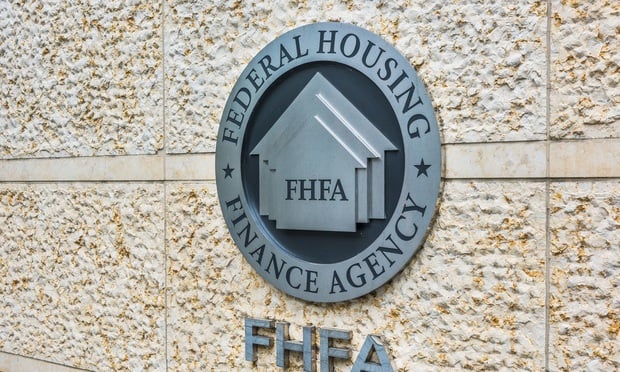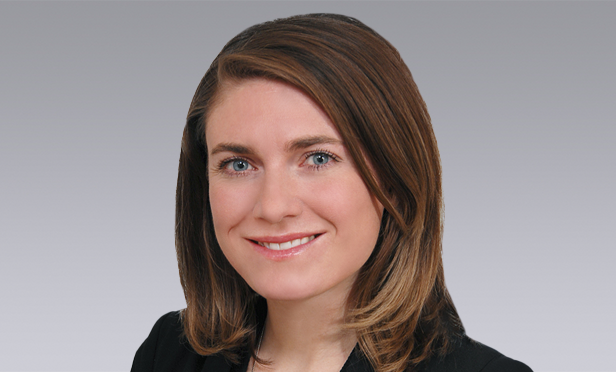I do not have any expertise in healthcare, doctor practices norlegal practices, so my comments reflect various conversations withprofessionals in those fields and reading considerably about theissues. Medical office has always been considered an excellent safeinvestment, and in some cases it will likely remain that. Rentingto law firms and accounting firms was also considered relativelysafe. Then of course there was the best of the best, ArthurAnderson. Or lately Dewey Le Boeuf. There are now severelydisrupting changes in doctor practices that will make medicaloffice potentially much more risky. Law firms spent heavily in middecade to upgrade offices, add lawyers, and generally over spend.Doctors formed groups and built practices.
Today there are numerous lawyers who are unemployed, fees areunder pressure, legal costs are a target of the cost cutters, andall of that overhead is no longer sustainable. What many nonlawyers do not understand is that law firms, like otherprofessional firms, start the year by paying basic draws topartners and as the year goes on, building up a potential cashreserve for partner distributions at year end. To get through theearly months, professional firms use a bank line of credit which isguaranteed by the partners in the practice. Well run firms use theearly fee revenue to payoff the line as soon as possible. However,as in the case of Dewey, and many medical groups, partners do notwant to wait until the line is fully repaid, and want to use it topay themselves bigger draws. That is fine in years like 2007, but adisaster now.
Medical practices are undergoing completely disruptive changes,and Obamacare is making that much worse a lot faster. Costs tooperate a medical practice are going way up due to many new regsand much more record keeping, and other requirements. This not onlyruns up overhead, but it requires the doctors to spend more time onadmin and less on revenue generation. At the same time, there is ahuge squeeze on revenues. Insurance companies are now limited intheir profit margins, so they are crushing down on reimbursements.Companies are raising deductibles and co-pays. So employees arecarrying a much bigger cost. That means they will go to the doctorless often. Under Obamacare this is going to ramp up dramaticallyafter 2014. On top of this, it requires coverage, so some companieswill end coverage and just pay the penalty. That leaves more peoplewith minimal coverage or on Medicaid. Most good doctors don’t takeMedicaid and a rapidly growing number do not take Medicare. Manynow don’t even take insurance and make the patient pay up front.More limits on number of patients and revenue. So the result is aterrible squeeze coming already to many medical practices. This isgoing to get a lot worse. Add to these costs, the Obama taxincrease on the “rich’, as in many doctors, and the huge burden ofstudent loans to get through medical school, and you start to seethat the balance sheets and the income statements for doctors arerapidly deteriorating.
Continue Reading for Free
Register and gain access to:
- Breaking commercial real estate news and analysis, on-site and via our newsletters and custom alerts
- Educational webcasts, white papers, and ebooks from industry thought leaders
- Critical coverage of the property casualty insurance and financial advisory markets on our other ALM sites, PropertyCasualty360 and ThinkAdvisor
*May exclude premium content
Already have an account?
Sign In Now
© 2024 ALM Global, LLC, All Rights Reserved. Request academic re-use from www.copyright.com. All other uses, submit a request to [email protected]. For more information visit Asset & Logo Licensing.








